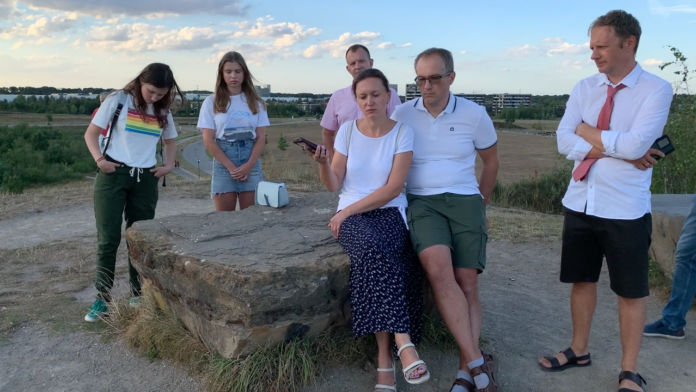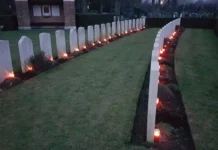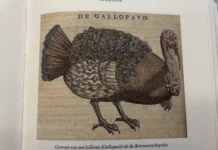The protests against President Lukashenko in Belarus may seem a far way off. But those from Belarus, now living in Eindhoven, feel concerned about the situation.
At the top of the mountain in Park Meerhoven, we are talking to Belarusian Eindhoven citizens about the uprising in their homeland. They are tense about the situation. “Living under Lukashenko means: keeping your mouth shut about everything you disagree with”, Sergey Yermalayeu says. “And otherwise you have a big problem. The opposition simply does not exist”.
Sergey works for a tech company in Eindhoven and speaks good Dutch. He maintains intensive contact with his homeland. “A friend of mine just got out of prison. The police arrested him as he walked down the street. He ended up with forty men in a room for five and only got a cup of tap water. Police detained him for three days. And then all of a sudden – with a severe verbal warning – he was released. That is how it is in Belarus”.
For many years Eindhoven had a special relationship with the capital of Belarus, Minsk. There were dozens of projects and exchanges including schools, cultural institutions, music corps and health care. The 1994 Eindhoven city newsreel showed how the Mayor of Minsk visited while a cheerful Belarusian folk dance was performed in a building somewhere in Eindhoven. Until the municipality turned off the subsidy tap.
Now a pole on Paradijslaan is the only thing that reminds us of the link between the two cities. The pole and four specially planted trees together form a memorial to four Belarusian men who disappeared under Lukashenko’s reign. Belarusians in Eindhoven commemorates them annually.
Source: www.studio040.nl
Translated by: Bob
Edited by: Nicole















